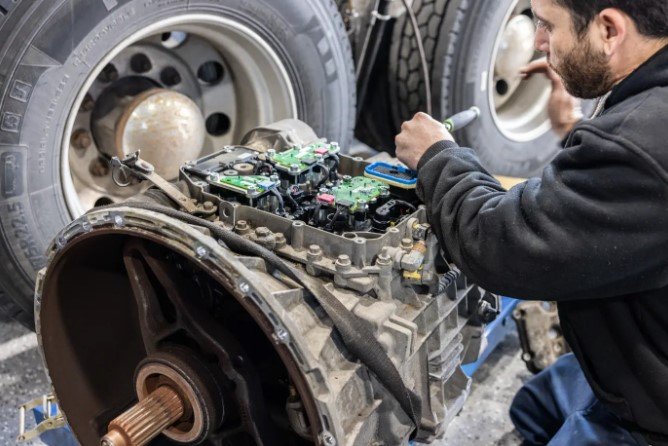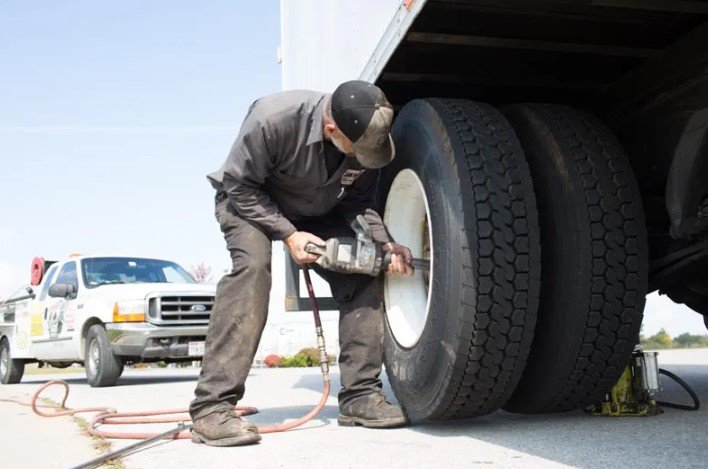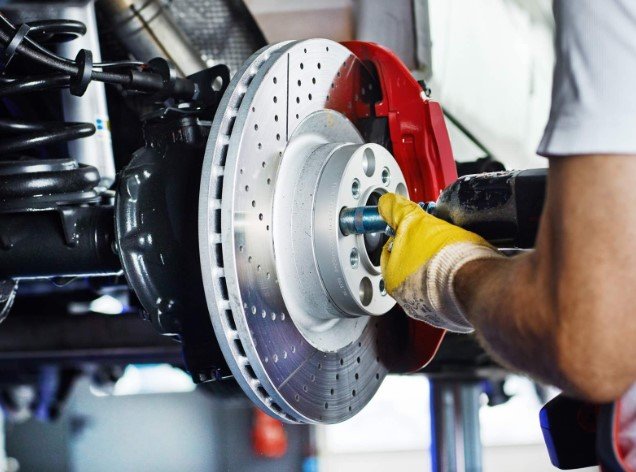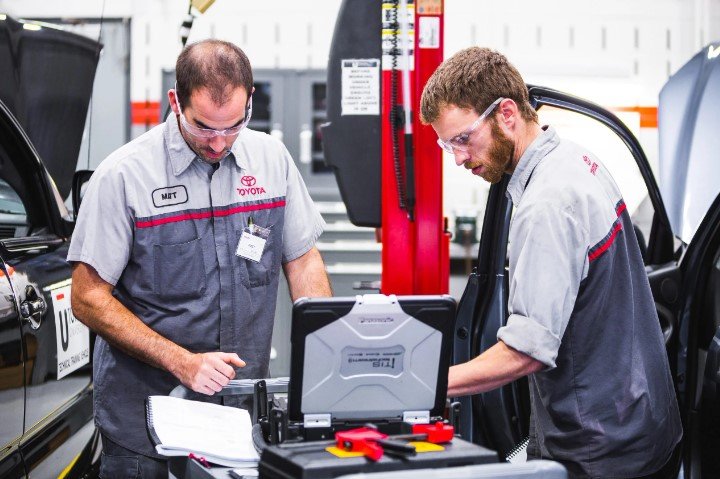
Automatic Transmission Repair: Ensuring Smooth Performance

Automatic transmissions have revolutionized the driving experience, providing effortless gear shifting and smooth acceleration. However, like any mechanical component, they are susceptible to wear and tear over time. Understanding the common issues and repair procedures associated with automatic transmissions is crucial for maintaining the longevity and performance of your vehicle.
Introduction to Automatic Transmission
An automatic transmission is a gearbox that automatically changes gear ratios as the vehicle moves, allowing the driver to focus on steering and acceleration without the need to manually shift gears. This technology has become increasingly popular due to its convenience and ease of use, particularly in urban driving conditions.
Common Problems with Automatic Transmissions
Despite their efficiency, automatic transmissions can develop various issues over time. Some of the most common problems include slipping gears, fluid leaks, and delayed engagement, which can significantly impact the performance and safety of the vehicle.
Signs Your Automatic Transmission Needs Repair
Recognizing the warning signs of transmission problems is essential for timely repairs and avoiding costly damage. Strange noises, difficulty shifting gears, and a burning smell are indicators that your automatic transmission may require attention from a qualified mechanic.
Steps to Diagnose Automatic Transmission Issues
Diagnosing automatic transmission problems typically involves a series of tests and inspections. Checking the transmission fluid, conducting a test drive assessment, and performing a computer diagnostic scan are essential steps in identifying the root cause of the issue.
Common Repair Procedures for Automatic Transmissions
Repairing automatic transmission issues may involve various procedures, including transmission fluid flushes, torque converter replacements, and solenoid repairs. These repairs are typically performed by experienced technicians using specialized equipment and tools.
DIY vs. Professional Repair
While some transmission repairs can be attempted by DIY enthusiasts, it’s essential to weigh the pros and cons carefully. While DIY repairs may save money initially, they can lead to costly mistakes and further damage if not performed correctly. Professional repair services offer expertise, reliability, and warranties for added peace of mind.
Choosing the Right Repair Shop
Selecting a reputable repair shop is crucial for ensuring quality service and reliable repairs. Consider factors such as the shop’s reputation, experience, certifications, and customer reviews when making your decision.
Cost of Automatic Transmission Repair
The cost of automatic transmission repair can vary depending on several factors, including the extent of the damage, the make and model of the vehicle, and the labor rates of the repair shop. It’s essential to obtain multiple quotes and understand the breakdown of costs before proceeding with any repairs.
Importance of Regular Maintenance
Regular maintenance is key to prolonging the lifespan of your automatic transmission and preventing costly repairs. This includes routine transmission fluid changes, inspections, and adherence to the manufacturer’s recommended maintenance schedule.
Conclusion
In conclusion, automatic transmission repair is a crucial aspect of vehicle maintenance that ensures smooth performance and reliability on the road. By understanding common issues, signs of trouble, and repair procedures, drivers can address transmission problems promptly and maintain the longevity of their vehicles.
Unique FAQs
- Can I drive my car with a slipping transmission?
- It’s not advisable to drive with a slipping transmission as it can lead to further damage and safety hazards. Seek professional assistance immediately.
- How often should I change my transmission fluid?
- Transmission fluid should typically be changed every 30,000 to 60,000 miles, but it’s best to consult your vehicle’s owner’s manual for specific recommendations.
- What causes automatic transmissions to overheat?
- Overheating can be caused by low transmission fluid, a malfunctioning cooling system, or excessive towing or heavy loads. It’s essential to address overheating issues promptly to prevent damage.
- Are there any warning signs of impending transmission failure?
- Yes, warning signs such as slipping gears, rough shifting, and fluid leaks indicate potential transmission problems. Ignoring these signs can lead to more significant issues down the road.
-
Can I extend the life of my automatic transmission with regular maintenance?
- Yes, regular maintenance such as fluid changes, inspections, and preventative measures can significantly extend the lifespan of your automatic transmission and reduce the likelihood of costly repairs.



